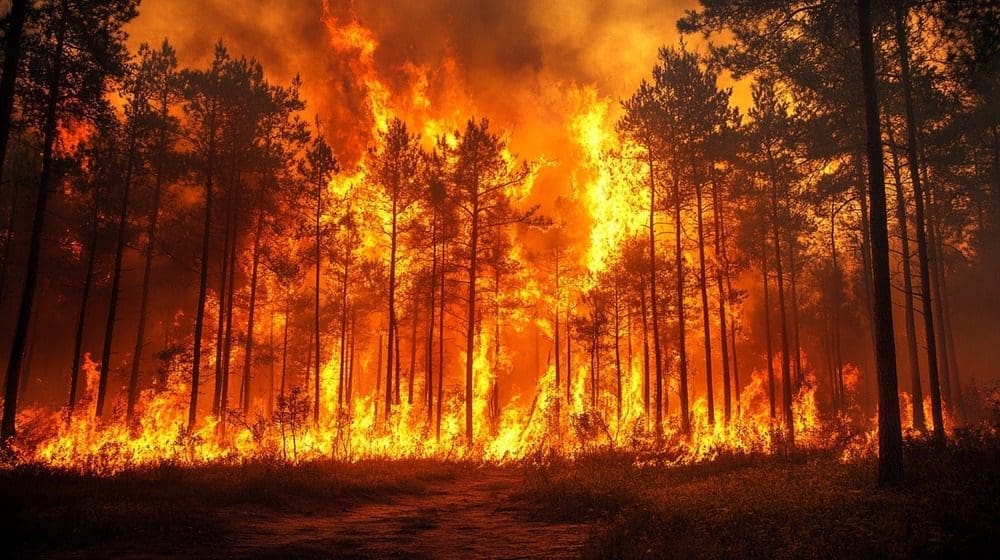
This isn’t just another hot summer — it’s a breaking point.
Fires are swallowing forests, heat waves are smashing records, tsunamis and hurricanes are building off warmer oceans, and the economic toll is staggering.
And according to predictive market Kalshi traders, there’s a 20% chance a hurricane makes landfall on the U.S. before September.
Summer 2025 has become a preview of what a climate-changed world looks like when every system, from public health to insurance, is stretched to the edge.
Wildfires Torch the West
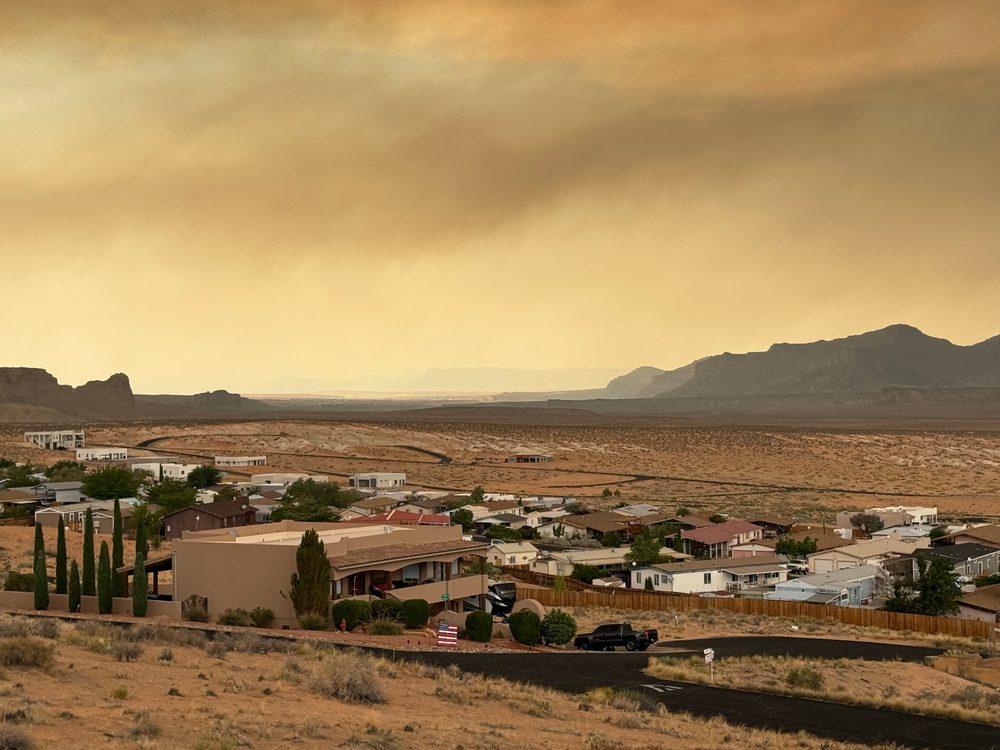
The Dragon Bravo Fire in the Grand Canyon burned 130,000+ acres, California saw 5,287 fires this year with 16,000 buildings destroyed, and Alaska’s Bear Creek Fire Group torched 73,000 acres.
Florida & South America Burn
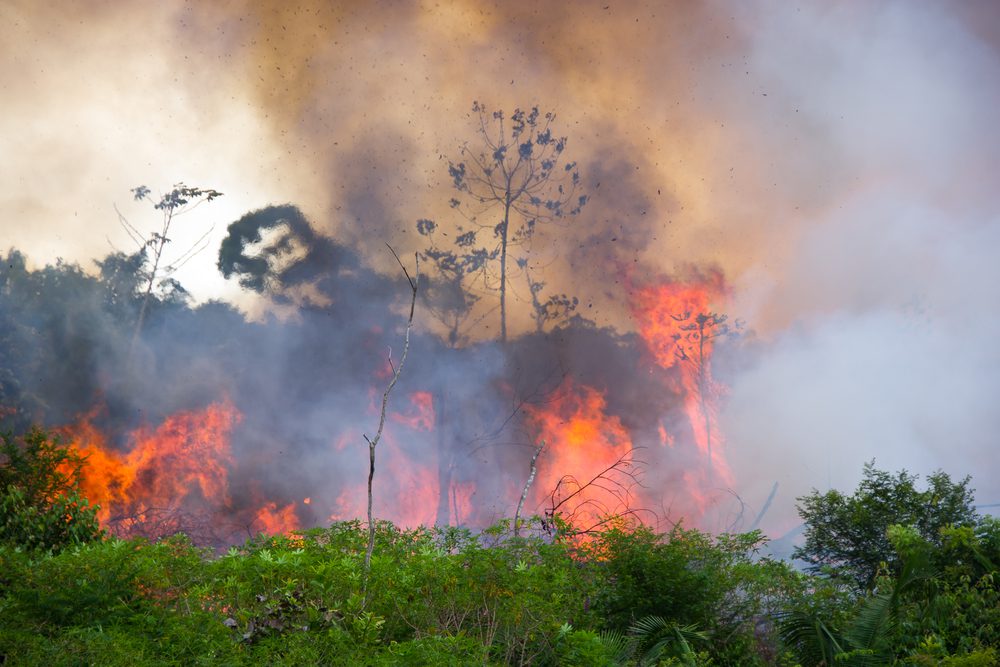
Florida lost nearly 147,000 acres to 2,531 fires. South America’s toll? Six million hectares across Argentina, Chile, and Colombia.
Asia’s Deadliest Fire Season
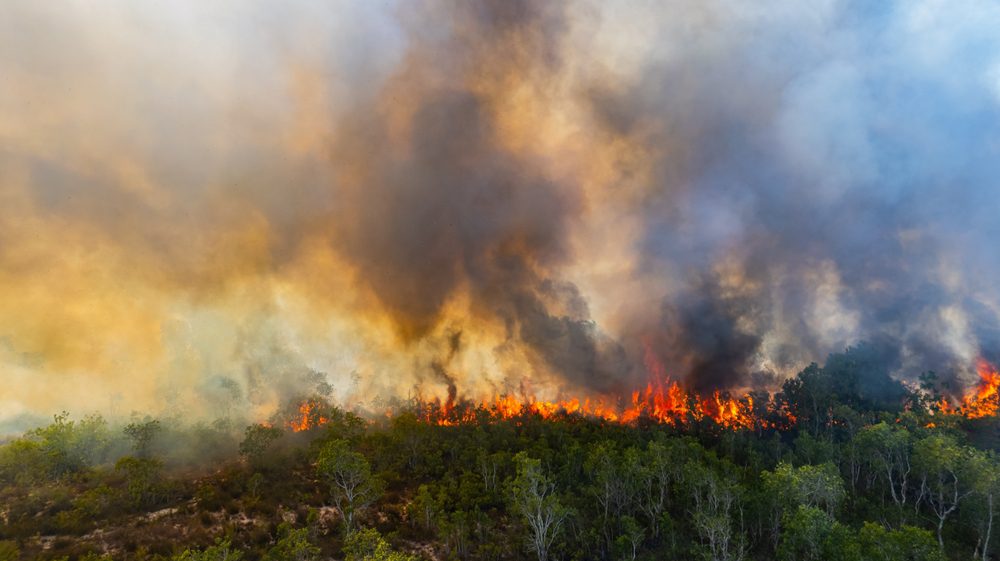
South Korea endured its worst wildfire outbreak in history — 32 killed, 37,000 displaced.
Europe’s Heat-Driven Inferno
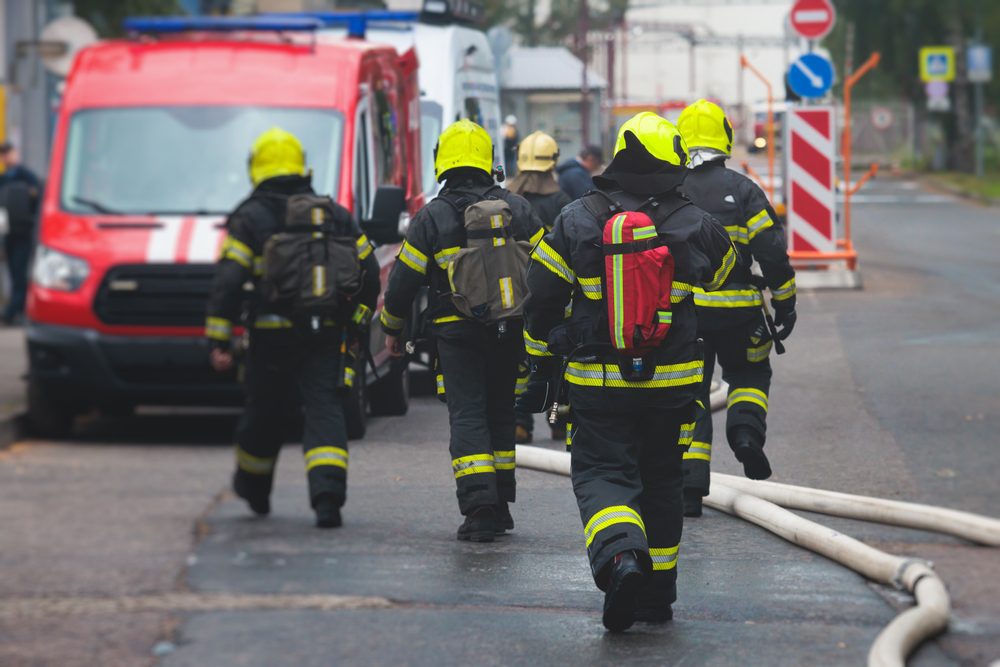
Spain lost 348,000 hectares, Portugal 216,000. The Eurozone has seen 440,000 hectares burn — twice the decade average.
Record-Breaking Heat
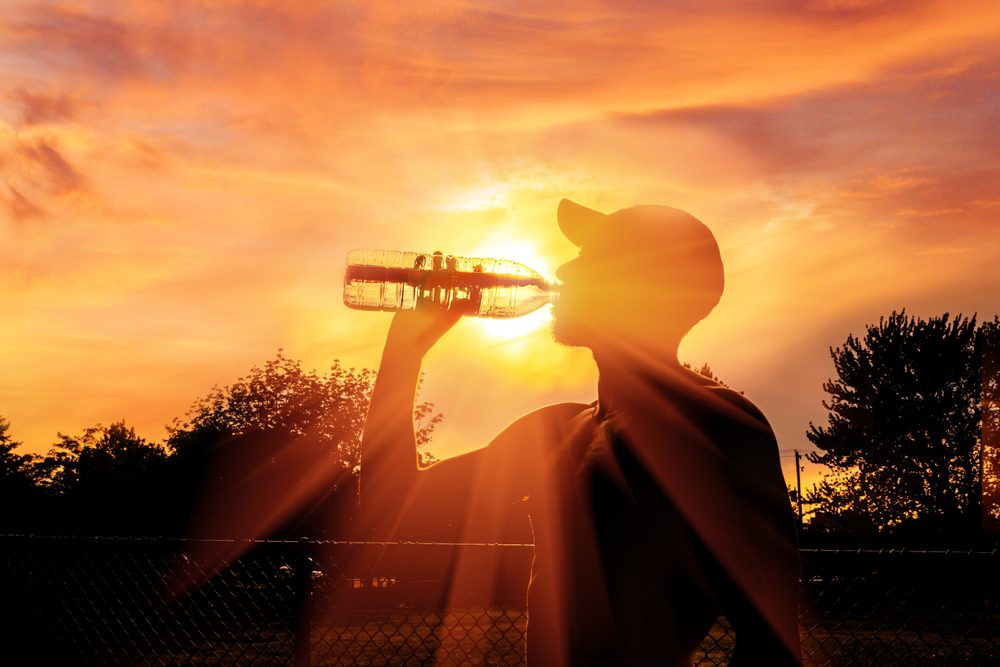
The U.S. posted its seventh-warmest June ever, averaging 71.2 °F. Europe logged a 30% rise in heat-related deaths over 20 years.
Britain’s Hottest Year

The U.K. has recorded 856 wildfires already, on track for its hottest and sunniest year in history.
Hurricane Erin Explodes
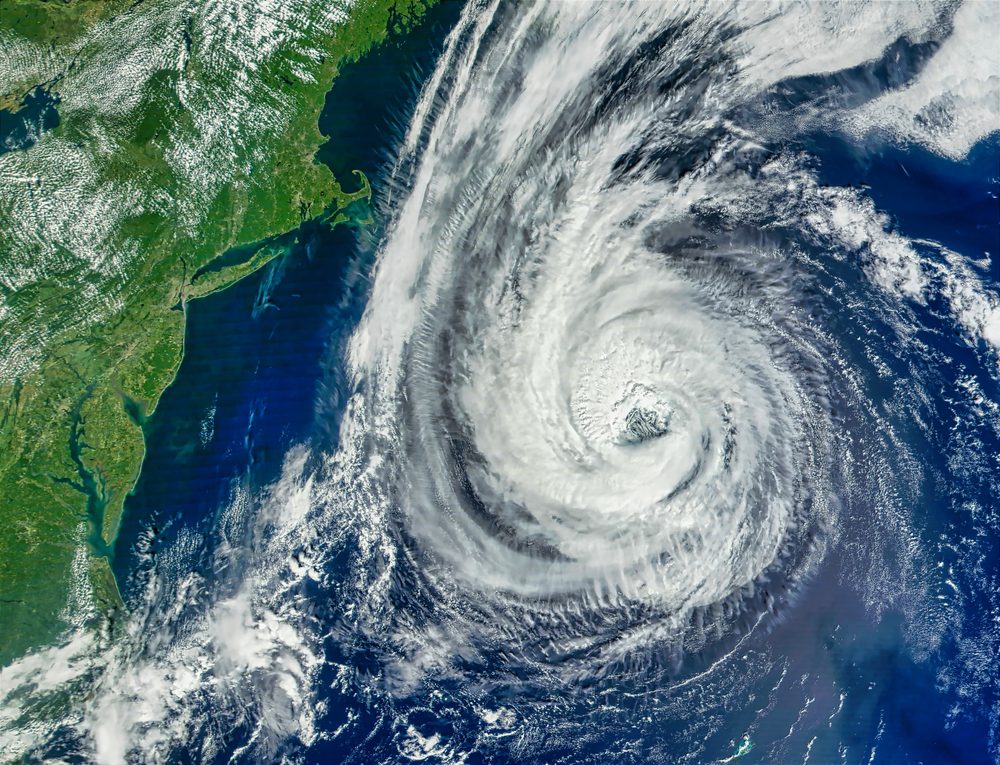
Erin rocketed from Cat 1 to Cat 5 in days, now holding at Cat 4 with 130 mph winds — the season’s first sign that rapid-fire intensification is the new normal.
Deadly Combo: Storms + Heat
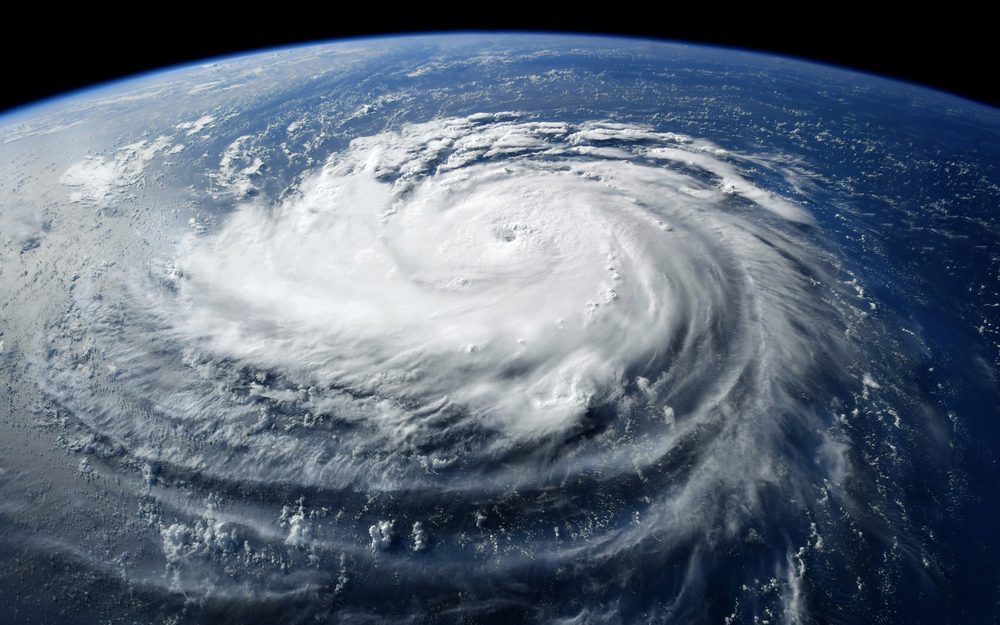
New modeling shows heat waves increasingly follow hurricanes, compounding risks for coastal populations.
The Bill Comes Due
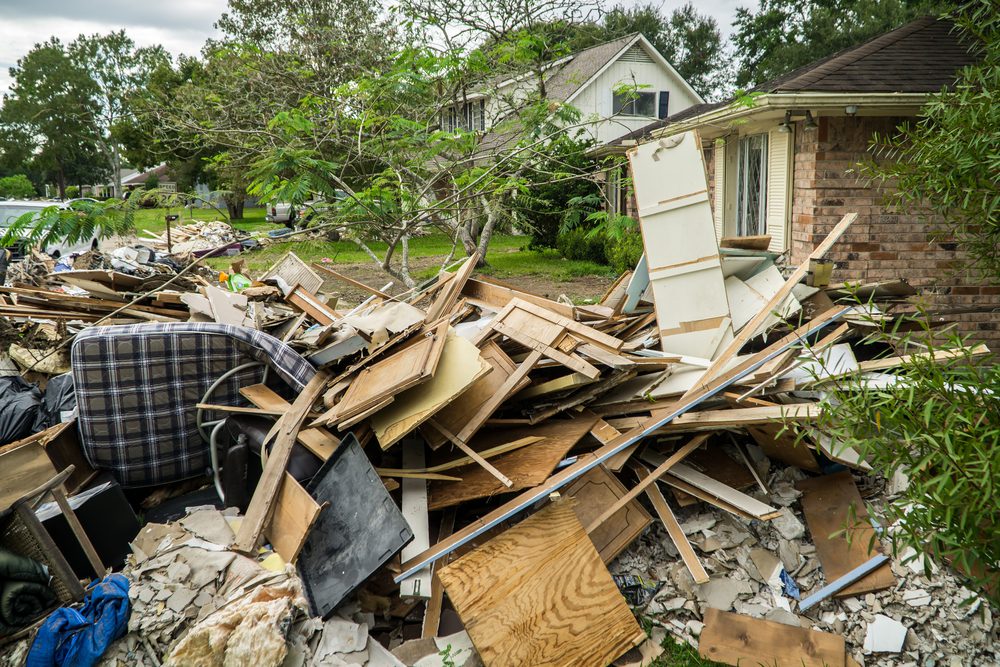
Natural disasters in H1 2025 cost $131 billion globally, with $80 billion insured. LA’s fire alone racked up $53 billion — the costliest wildfire in history.
The Takeaway
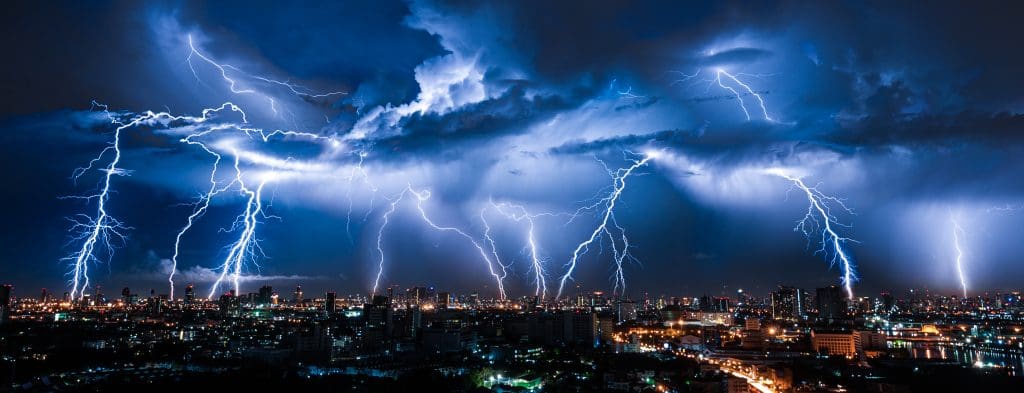
This isn’t one disaster, it’s overlapping extremes. Summer 2025 proves climate chaos is here — the only choice left is whether we adapt fast enough to survive it.

























